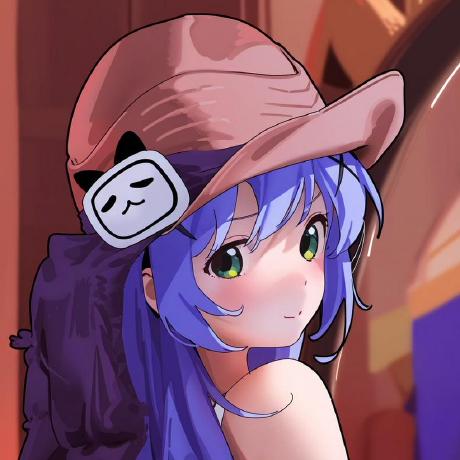ZeroBot-Plugin by  FloatTech
FloatTech
OneBot plugin collection for ZeroBot
Top 18.5% on sourcepulse
ZeroBot-Plugin is a collection of practical plugins for the ZeroBot framework, designed to enhance chatbot functionality for users of OneBot-compatible platforms like LLOneBot and go-cqhttp. It offers a wide array of features, from basic chat and group management to specialized tools for image recognition, content generation, and game integration, aiming to provide a comprehensive and extensible chatbot experience.
How It Works
The project is built in Go and adheres to the OneBot standard, allowing it to interface with various OneBot implementations. Plugins are dynamically loaded or compiled into the main binary, offering flexibility in customization and resource management. The architecture supports extensive command-based interactions, with a robust plugin control system for enabling, disabling, and configuring features per group or globally.
Quick Start & Requirements
- Installation: Download pre-compiled binaries from the Releases page or build from source using Go.
- Prerequisites: Go environment (for building), OneBot framework (e.g., LLOneBot, go-cqhttp). Some plugins may have additional dependencies (e.g.,
ffmpegforguessmusic,cgofor dynamic loading). - Setup: Basic setup involves running the compiled binary alongside a OneBot framework. Configuration is managed via command-line arguments or a
config.jsonfile.
Highlighted Details
- Extensive plugin ecosystem covering chat, moderation, media, games, and AI integration.
- Dynamic plugin loading and runtime configuration for granular control.
- Supports multiple OneBot implementations, with a focus on post-go-cqhttp era compatibility.
- Includes a comprehensive plugin management system with global/local enable/disable and permission controls.
Maintenance & Community
- Actively maintained with contributions from multiple developers.
- Community support available via Telegram channels.
- Links to related projects like ZeroBot and ATRI are provided.
Licensing & Compatibility
- Licensed under the GNU General Public License v3.0 (GPL-3.0).
- The GPL-3.0 license is a strong copyleft license, requiring derivative works to also be open-sourced under the same license. This may impose restrictions on commercial use or linking with closed-source applications.
Limitations & Caveats
- The GPL-3.0 license may restrict integration into proprietary software.
- Some plugins have specific external dependencies or require manual compilation steps.
- The extensive feature set means some plugins might be less mature or have specific usage requirements.
1 week ago
Inactive

 KindaBrazy
KindaBrazy Jeadie
Jeadie logankilpatrick
logankilpatrick ChatGPTNextWeb
ChatGPTNextWeb jarvis2f
jarvis2f opentdp
opentdp cgoinglove
cgoinglove yqchilde
yqchilde HenryXiaoYang
HenryXiaoYang LlmKira
LlmKira Omniplex-ai
Omniplex-ai TBXark
TBXark